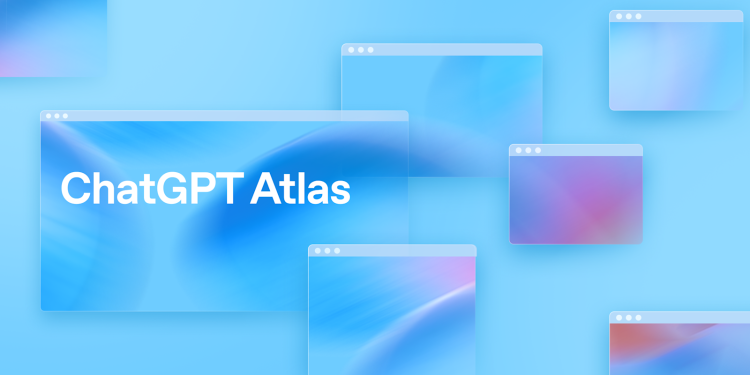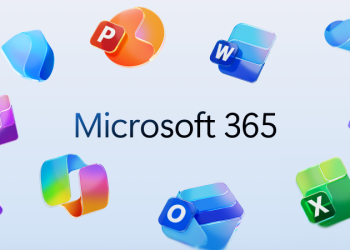OpenAI has launched ChatGPT Atlas, an AI-powered web browser that integrates its popular chatbot directly into the browsing experience.
Released on October 21, 2025, the browser is currently available for MacOS, with versions for Windows, iOS, and Android expected soon.
Unlike traditional browsers, Atlas operates without an address bar, centering the experience around ChatGPT as a “super-assistant” that can understand context, perform searches, and automate tasks while users browse.
“Today we’re introducing ChatGPT Atlas, a new web browser built with ChatGPT at its core,” OpenAI said in a blog post. “It takes us closer to a true super-assistant that understands your world and helps you achieve your goals.”
The browser allows users to interact with ChatGPT without switching tabs or copying text. A paid agent mode, available to Plus, Pro, and Business users, enables real-time web searches and task automation. Optional browser memories also let ChatGPT recall browsing context, with full user control over what’s stored or deleted.
The launch positions OpenAI in direct competition with Google Chrome, which holds nearly 72% of the global browser market. Analysts say it signals OpenAI’s move toward AI-driven search and potential advertising models.
The release follows a year of aggressive expansion by OpenAI, including a $3 billion acquisition of Windsurf (formerly Codeium), a $1.1 billion purchase of Statsig, and a $300 billion cloud deal with Oracle.
ChatGPT Atlas is available globally to Free, Plus, Pro, and Go users, with beta access for Business and Enterprise plans.






















































